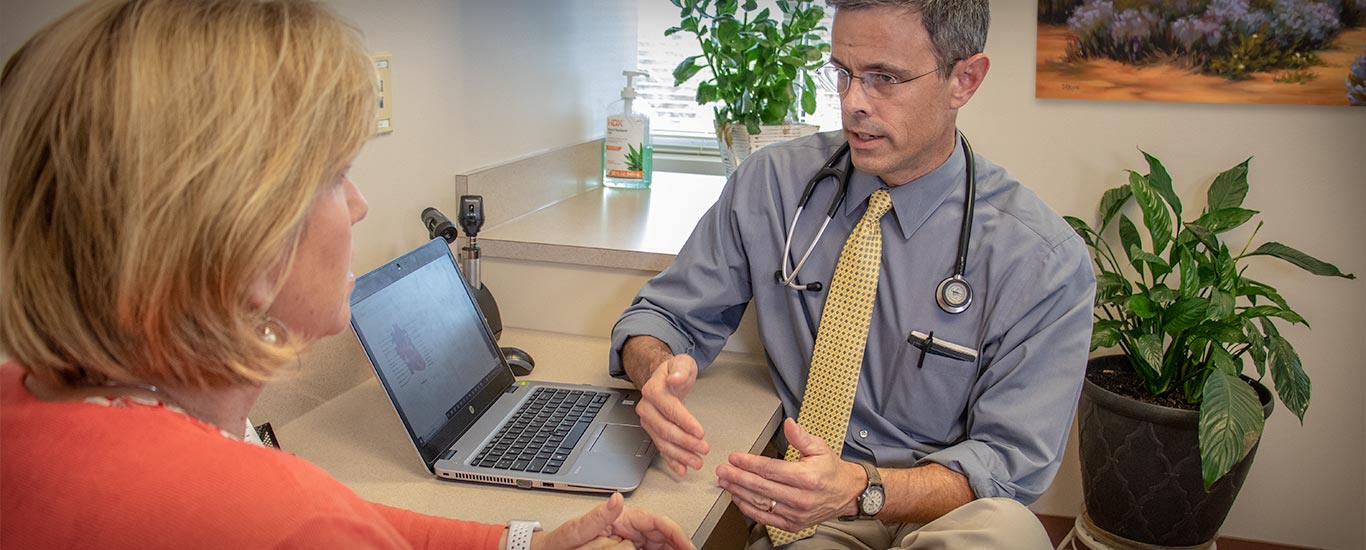
Who Qualifies for Charity Care in North Carolina?
Understanding Income Limits and Eligibility
Access to healthcare is a fundamental need, but for many, the cost can be a barrier. In North Carolina, charity care programs provide a lifeline to those who may otherwise be unable to afford the healthcare services they need. If you’re wondering whether you or a loved one might qualify for charity care, understanding the eligibility criteria, including income limits, is the first step.
What Is Charity Care?
Charity care refers to free or reduced-cost medical services provided to patients who cannot afford to pay their medical bills. This care is typically offered by hospitals, clinics, and other healthcare providers as part of their commitment to the community. These programs are designed to ensure that everyone has access to essential healthcare, regardless of their ability to pay.
Who Qualifies for Charity Care in North Carolina?
Eligibility for charity care in North Carolina typically depends on a few key factors:
- Income Level: The most significant factor in determining eligibility for charity care is the patient’s income relative to the federal poverty level (FPL). Each healthcare provider may have slightly different thresholds, but generally, if your household income is below 200% to 300% of the FPL, you may qualify for charity care.
- For example, as of 2024, the FPL for a family of four is $30,000. If your family’s income is less than $60,000 (200% of FPL) or $90,000 (300% of FPL), you may be eligible for charity care.
- Residency Status: Many charity care programs require applicants to be residents of the state or the specific area served by the healthcare provider. This ensures that the resources are directed toward the local community.
- Insurance Status: While charity care is often aimed at uninsured individuals, those with insurance may also qualify if their medical bills exceed their ability to pay. Underinsured patients—those whose insurance doesn’t cover all their healthcare costs—can also benefit from charity care programs.
- Medical Necessity: Charity care is typically reserved for essential medical services, including hospital stays, surgeries, emergency care, and necessary treatments. Elective procedures or services deemed non-essential may not be covered.
- Immigration Status: Many charity care programs in North Carolina extend their services to immigrants, including those who do not yet qualify for Medicaid. This is particularly important for recent immigrants who may face significant barriers to accessing healthcare.
Income Limits and How They Apply
Income limits for charity care are usually expressed as a percentage of the federal poverty level. Here’s a breakdown of what this could mean for different income brackets:
- Below 100% of FPL: Typically, patients in this category may qualify for full coverage under charity care programs. This means their medical bills could be completely forgiven.
- 100% to 200% of FPL: Patients with incomes in this range may qualify for substantial discounts, often covering a significant portion of their medical bills.
- 200% to 300% of FPL: Patients in this higher income bracket may still qualify for some level of assistance, especially if their medical expenses are particularly high relative to their income.
How to Apply for Charity Care in North Carolina
Applying for charity care typically involves completing an application provided by the hospital or clinic. This application will require you to provide detailed information about your income, family size, and financial situation. You may also need to submit documentation such as pay stubs, tax returns, and proof of residency.
What Documentation is Required?
To apply for charity care, you will need to provide several key documents:
- Proof of income: Pay stubs, tax returns, or a letter from your employer.
- Proof of residency: A utility bill, lease agreement, or similar document showing your current address in North Carolina.
- Family size: Documentation to confirm the number of dependents in your household.
Common Misconceptions About Charity Care
There are several misconceptions about charity care that may prevent individuals from applying:
- Charity care is only for the unemployed: In reality, many working individuals with low incomes also qualify for charity care.
- You must be uninsured to qualify: While charity care often helps the uninsured, those with insurance may also qualify if they face high out-of-pocket costs.
- The application process is too complicated: While the application process requires some documentation, staff are usually available to assist and make the process as straightforward as possible.
The Impact of Charity Care on North Carolina Communities
Charity care plays a crucial role in supporting the health and well-being of North Carolina communities. By providing essential medical services to those in need, charity care programs help reduce health disparities, prevent medical debt, and improve overall public health. For many individuals, charity care is the difference between receiving timely medical treatment and enduring untreated health conditions.
Sentinel Primary Care’s Commitment to Charity Care
At Sentinel Primary Care, we are dedicated to providing high-quality healthcare, regardless of financial circumstances. Our Charitable Care Policy ensures that those in need, including recent immigrants and individuals who do not qualify for Medicaid, have access to the medical services they require. We believe in honoring every human being and upholding their dignity through compassionate and personalized care.
If you believe you may qualify for our charity care program, we encourage you to reach out to us to discuss your options. Our team is here to guide you through the application process.


